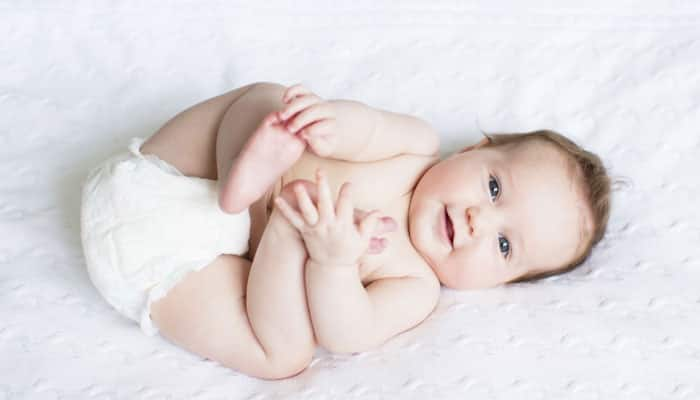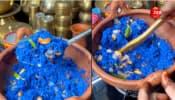London: British lawmakers Tuesday voted in favour of making the UK the first country in the world to allow IVF children conceived with DNA from three parents, a contentious step that has polarised opinion among activists and religious figures.
In a historic debate, the House of Commons voted by 382 to 128. During the debate, ministers said the technique was "light at the end of a dark tunnel" for families.
They approved the regulation in spite of some critics warning it was a step towards creating "three-parent" designer babies. The regulations will now have to be approved in the House of Lords, where they are likely to be passed.
MPs were allowed a free vote on the issue of conscience but both the Conservative and Labour front benches made it clear they believed it was an important scientific step forward that did not amount to genetic modification.
The technique could prevent mitochondrial diseases but also raises significant ethical issues.
Passage of the law is opposed by Catholic and Anglican church leaders, in part because the process involves the destruction of an embryo.
The technique aimed at preventing deadly genetic diseases being passed from mother to child is expected to help about 150 couples a year.
One in 6,500 babies in the UK are thought to develop a serious mitochondrial disorder, which can lead to health issues such as heart and liver disease, respiratory problems, blindness and muscular dystrophy.
Problems with mitochondria, the "powerhouse" cells of the body, are inherited from the mother, so the proposed IVF treatment would mean an affected woman could have a baby without passing on mitochondrial disease.
But the cutting-edge IVF technique involves transferring nuclear genetic material from a mother's egg or embryo into a donor egg or embryo that's had its nuclear DNA removed.
The new embryo will contain nuclear DNA from the intended father and mother, as well as healthy mitochondrial DNA from the donor embryo -- effectively creating a "three-parent" baby.
Under the proposed change to the laws on in-vitro fertilisation (IVF), as well as receiving normal "nuclear" DNA from its mother and father, the embryo would also include a small amount of healthy mDNA from a woman donor.
Experts believe that the use of mDNA from a second woman could potentially help around 2,500 women in Britain at risk of passing on harmful mDNA mutations.
















